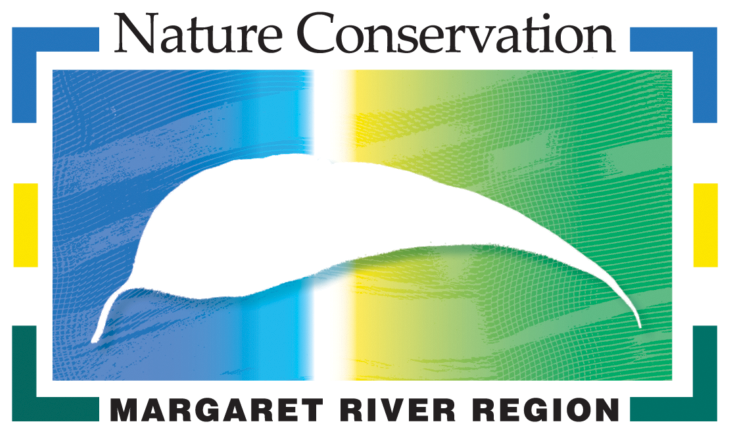The region’s peak conservation group wants your help for important research on Western Ringtail possums.
It might sound a little gruesome but Nature Conservation Margaret River Region is asking locals to collect any deceased ringtails they find. They’ll be used to help with a Masters project at the University of Western Australia investigating the impact of climate change and whether local populations of Western Ringtail possums are adapting.
“A key gap in the research and a priority area is the Margaret River region, which is why we are calling on local people to get involved,” said Nature Conservation Western Ringtail possum coordinator Lauren Scanlon.
“If you find a deceased Western Ringtail possum or even part of a possum such as a tail, all you need to do is put the remains in a sealed plastic bag labelled with the time and date of collection, your name and contact details, and the exact location you found it. Then just drop it to the Nature Conservation office at the Community Resource Centre on Tunbridge St during office hours. We’ll freeze it and make sure it gets to UWA researcher Grace Marsh.”
Ms Marsh is hoping to collect about 90 samples of possums from across WA’s South-West to fill in gaps in existing genetic data.
“The most important thing is recording the location where samples were found, with either the GPS coordinates, a geo-located photo or a detailed description. The location will be used to look at local adaptation,” the UWA researcher says.
Western Ringtail possums are critically endangered and estimates put the remaining population size in the wild at less than 8,000 mature individuals, with a decreasing trend. Some recent research predicts there is a very high chance they could be extinct within 20 years if action to protect populations and their habitat isn’t enacted immediately.
Ms Scanlon said ringtails are smaller than the more common Brushtail possum and can be identified by the long thin tail with a white tip. They often use fence lines and trees to travel from their drey or nest to a favourite feeding spot, but can fall victim to dogs, foxes and feral cats and are also frequently run over by cars when forced to cross roads after dark.
“If collecting a dead possum, we recommend not touching the animal directly and using common sense hygiene and sanitation to protect your health,” she said. Also a reminder that if you find sick, heat-stressed or injured possums this summer, please contact the Wildcare helpline 9474 9055.
